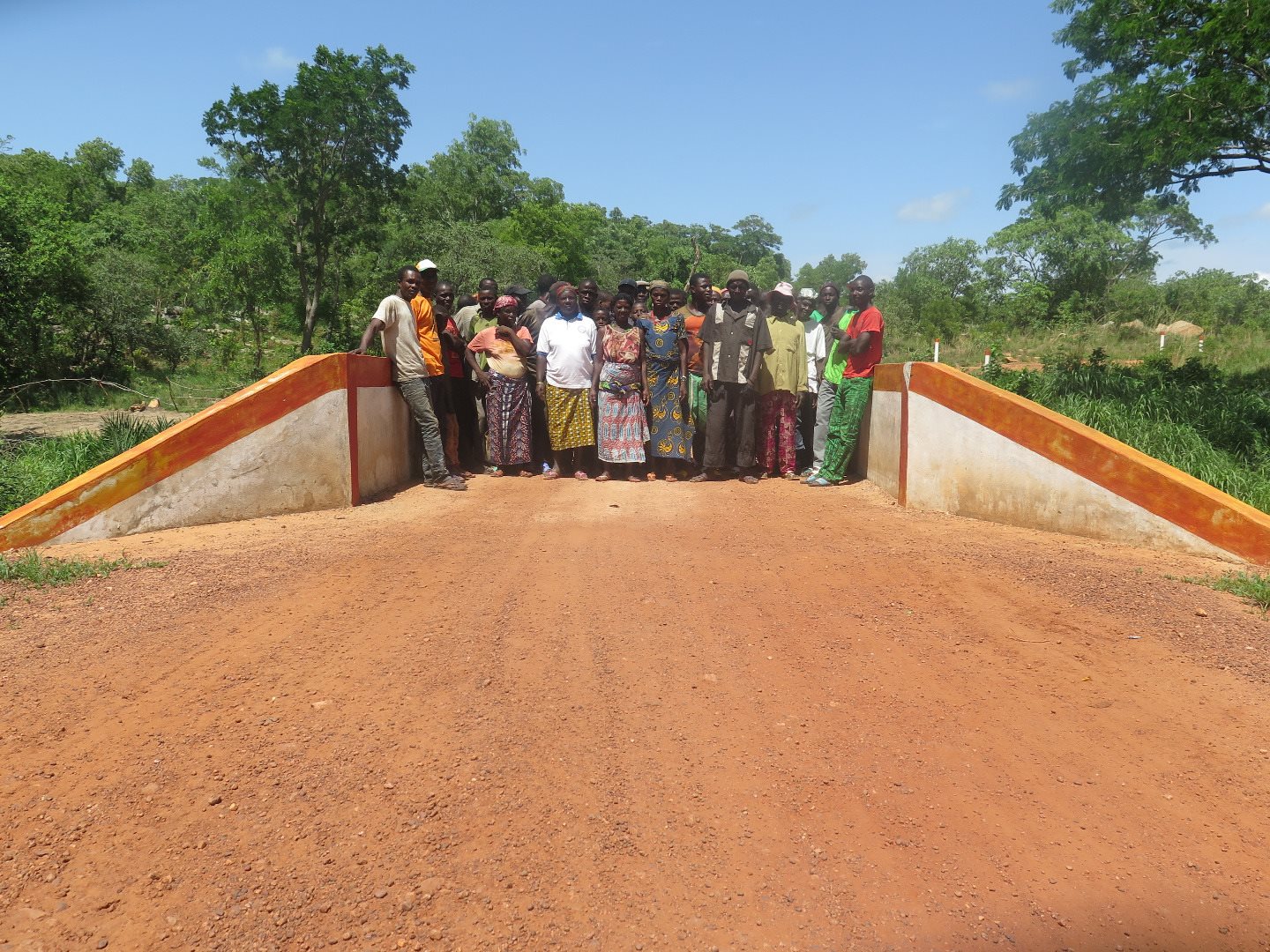The results of the partnerships led by the F4F programme must be analysed in terms of added value. It is obvious that the partnerships have favoured many actions in synergy, which have enabled the provision of coherent and coordinated responses to the questions relative to food security.
Advantages
The partnership experiences have enabled the F4F programme to learn the following lessons:
- Unity is strength and local partnership is an essential condition to ensure a durable and harmonious local development of the local communities;
- The local development plan is a unifying tool for the partners and the actions to fight against poverty that they lead. It channels the opportunities to solve the problems of the populations and avoids duplication and the waste of energy and resources;
- The partnership is a voluntary approach that however presents some constrains. The group discipline is the key to success and the exemplarity of each stakeholder determines its credibility and efficiency.
The results of the partnerships
The partnership experiences have enabled the F4F programme to achieve the following progress:
- The recovery of the investments level of the local development fund;
- The reduction of the dispersed and not very coherent actions through the strengthening of project ownership at the local level by making the municipal councils more accountable in the piloting of the development actions in their locality;
- A better visibility of the available investment capacities that can be mobilized for the areas of intervention;
- The reinforcement of the budgetary support mechanisms through a better demonstration of the possibility to use the State financial circuits to manage efficiently the projects’ funds (national budget, financial control and Public Treasury);
- The elimination or dampening of competition in the search for funding thanks to joint projects with shared responsibility, providing coherence in the relations with the sources of funding that also have less small projects scattered in their portfolio;
- An agreement settlement on the management procedures of the offer to the communities: less contradictory approaches and less oriented on a logic of competition between the development projects;
- Mutual learning;
- The production of joint execution reports limiting the proliferation of contradictory technical and financial reports enabling to promote a report system based on the result and not only on its source of funding and the objects of funding.
